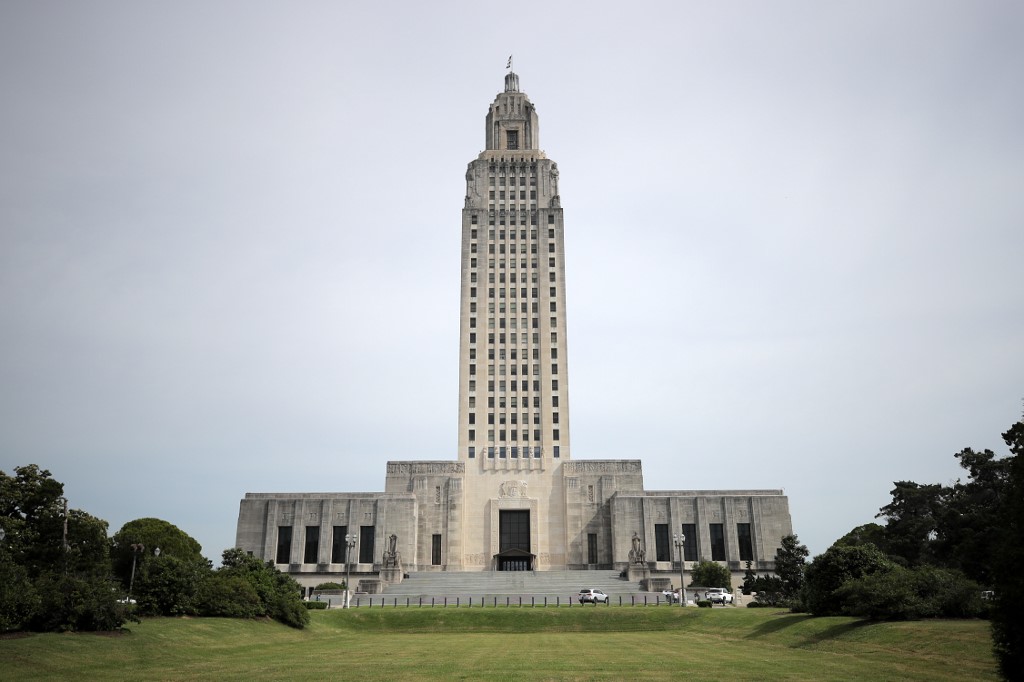House Bill 639 would more than double the tax rate on mobile sportsbooks operating in the Pelican State; however, its success is tied directly to another bill that would create a flat tax on insurance premiums.
Tax Hike Looms
Louisiana is just the latest in a long line of states contemplating a tax hike on sportsbooks’ revenues. The mobile sports betting market has caught fire throughout the nation, with 38 states now offering either retail, mobile, or a combination of both. Meanwhile, Missouri is set to launch its sports betting industry later this year, which will bring the number of states to 39 that offer sports betting within their respective borders.
Louisiana launched its retail sports betting industry in November 2021, followed by a mobile launch in January 2022. Over those three-plus years, $10.1 billion has been wagered, which has produced $1.2 billion in sports betting revenue, $160.8 million of which has gone to the state courtesy of Louisiana’s 15% tax on its sportsbook operators’ profits.
However, many lawmakers believe that the state’s cut should be sweetened, which led to a proposed 51% tax on sportsbooks’ gross gaming revenues during a special session last November. Representative Roger Wilder introduced House Bill 22, but that bill failed to advance out of the House Ways and Means Committee.
Second Chance
Representative Neil Riser’s House Bill 639 is another legislative bite at the proverbial apple and would increase the tax rate on Louisiana sportsbooks’ revenues from the current 15% to 32.5%. Taxes generated on these revenues would see 25% go to the SPORT fund (Supporting Programs, Opportunities, Resources, and Teams), which benefits Division I student-athletes in the state. Riser’s bill would generate $2 million for the state’s problem gambling resources.
The proceeds from the SPORT fund would be split equally among the state’s public universities, including LSU, Louisiana Tech, McNeese State, Louisiana Lafayette, Grambling, Northwestern State, Southeastern Louisiana, Southern University, UL Monroe, University of New Orleans, and Nicholls State. It is estimated that the tax hike would raise $31 million annually for the fund, which equals $2.8 million to each school’s athletic program.
The additional money would go a long way towards bolstering the smaller schools’ athletics budget, but it would be a mere drop in the bucket for SEC powerhouse LSU, whose budget exceeds $200 million annually. “The need is so high,” Riser said. “When you start talking about the SEC, talking about any level of athletics right now, it’s changed so dramatically.”
Industry Pushes Back Hard
The House Appropriations Committee voted on Monday to advance HB 639, and the chances of it passing before the session ends on June 12th are tied directly to HB 594, which would create a flat tax on insurance premiums. Should HB 594 pass legislative muster, then so too would HB 639, and the sports betting tax would be more than doubled to 32.5%.
Naturally, the sportsbooks and the gaming industry trade groups are diametrically opposed to any tax hikes, whether it be in Louisiana or anywhere else in the nation.
Bill Pascrell III, a lobbyist with Princeton Public Affairs Group, said, “Every casual observer that’s not part of this industry thinks this industry is massively profitable. So, you have to educate that the margins are thin in sports betting. They’re a little bit better in iGaming.”
“When taxes are increased on the licensed regulatory regime, we’re putting a burden on the people who are acting responsibly, legally in regulatory compliance, and we are doing nothing to penetrate the black market,” Pascrell added.
“Low taxes like we have in multiple states, including New Jersey, have proven to do incredibly well.”







